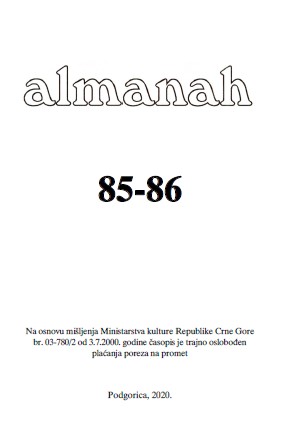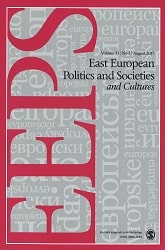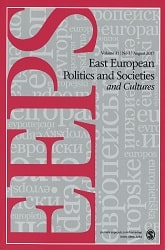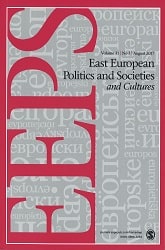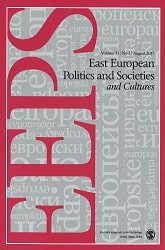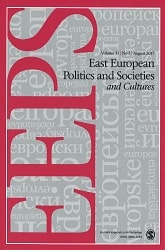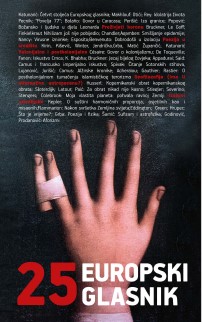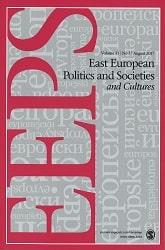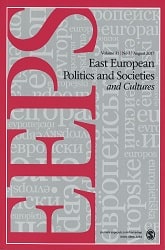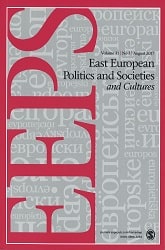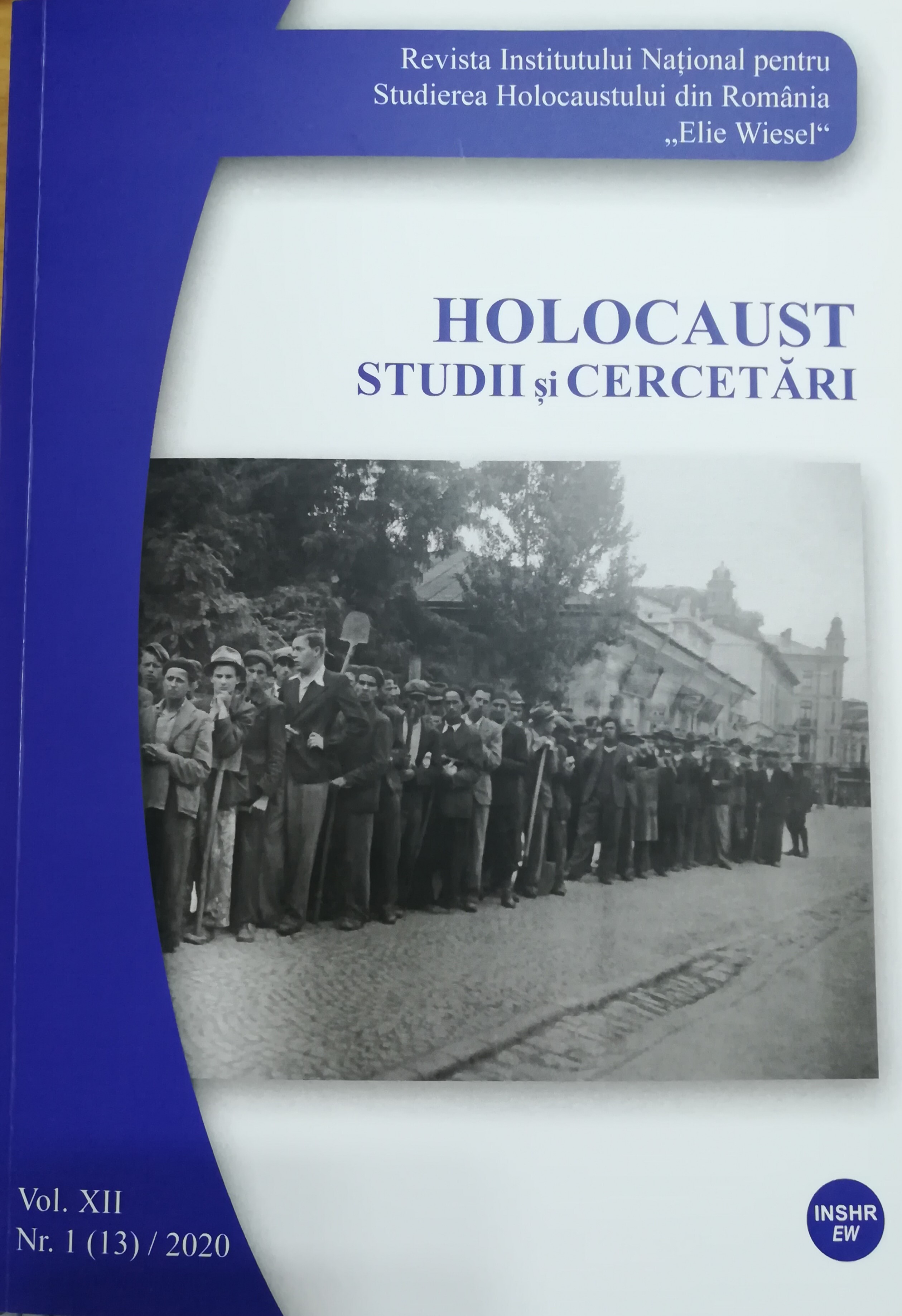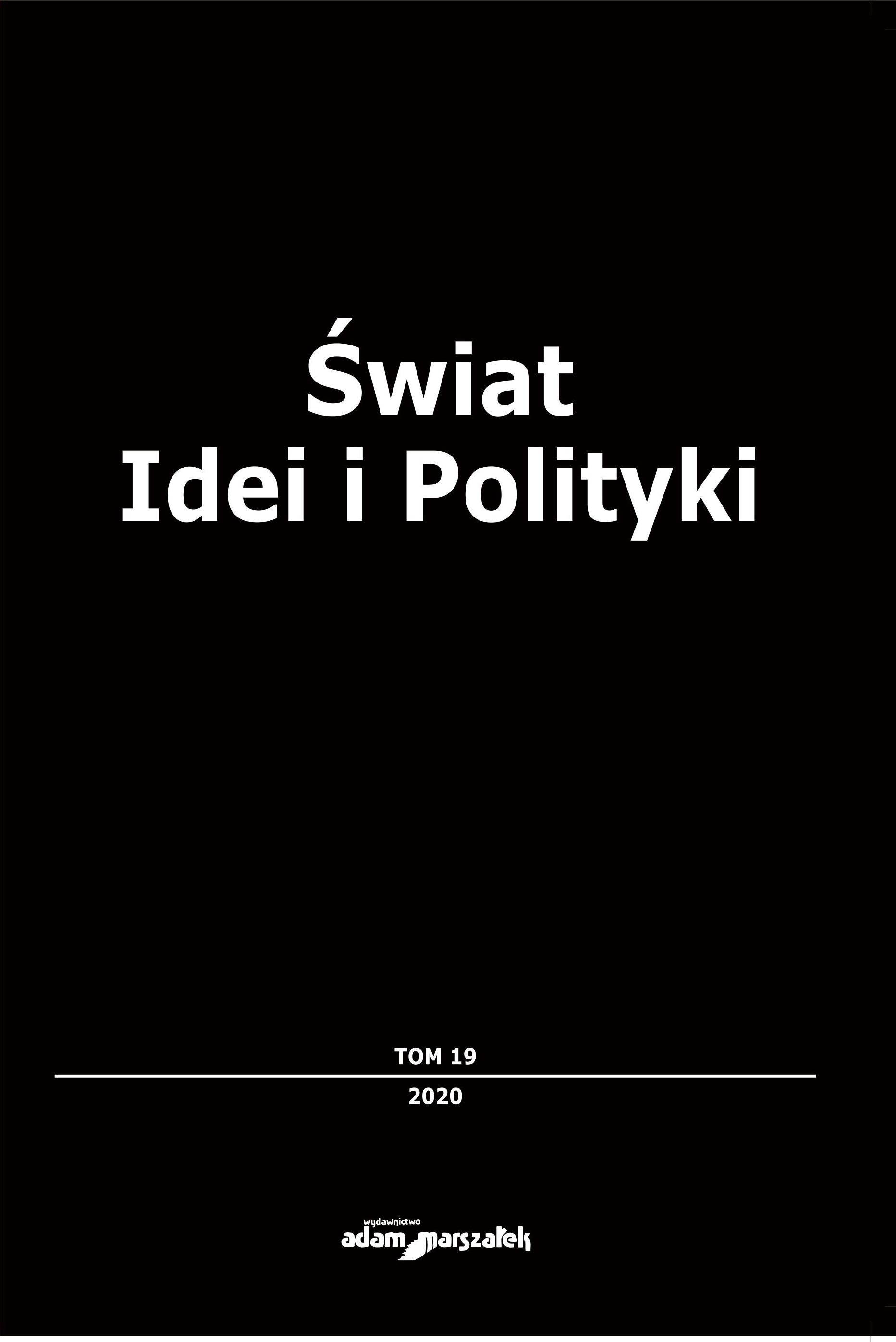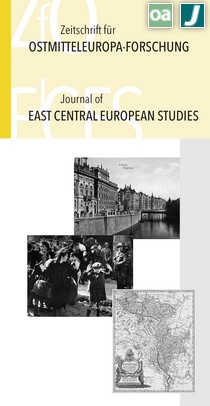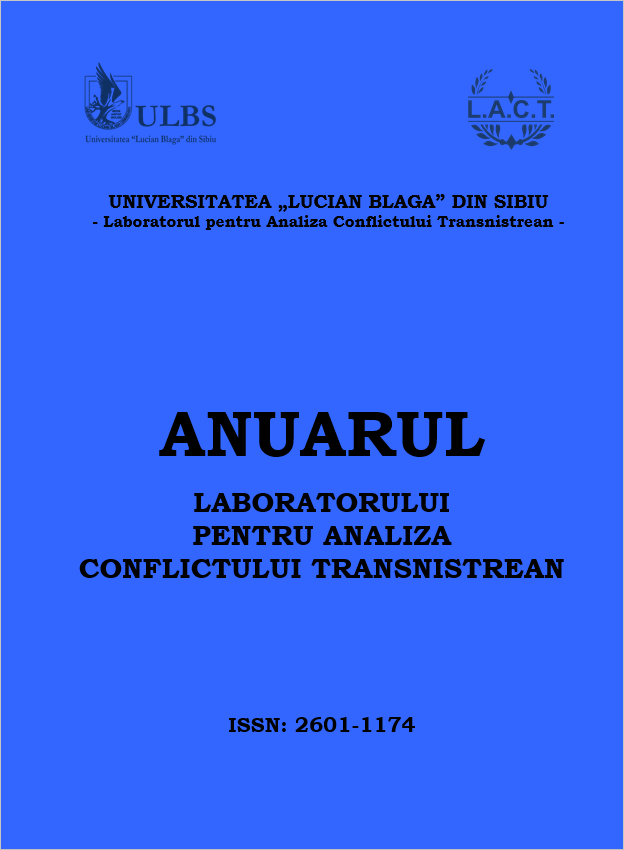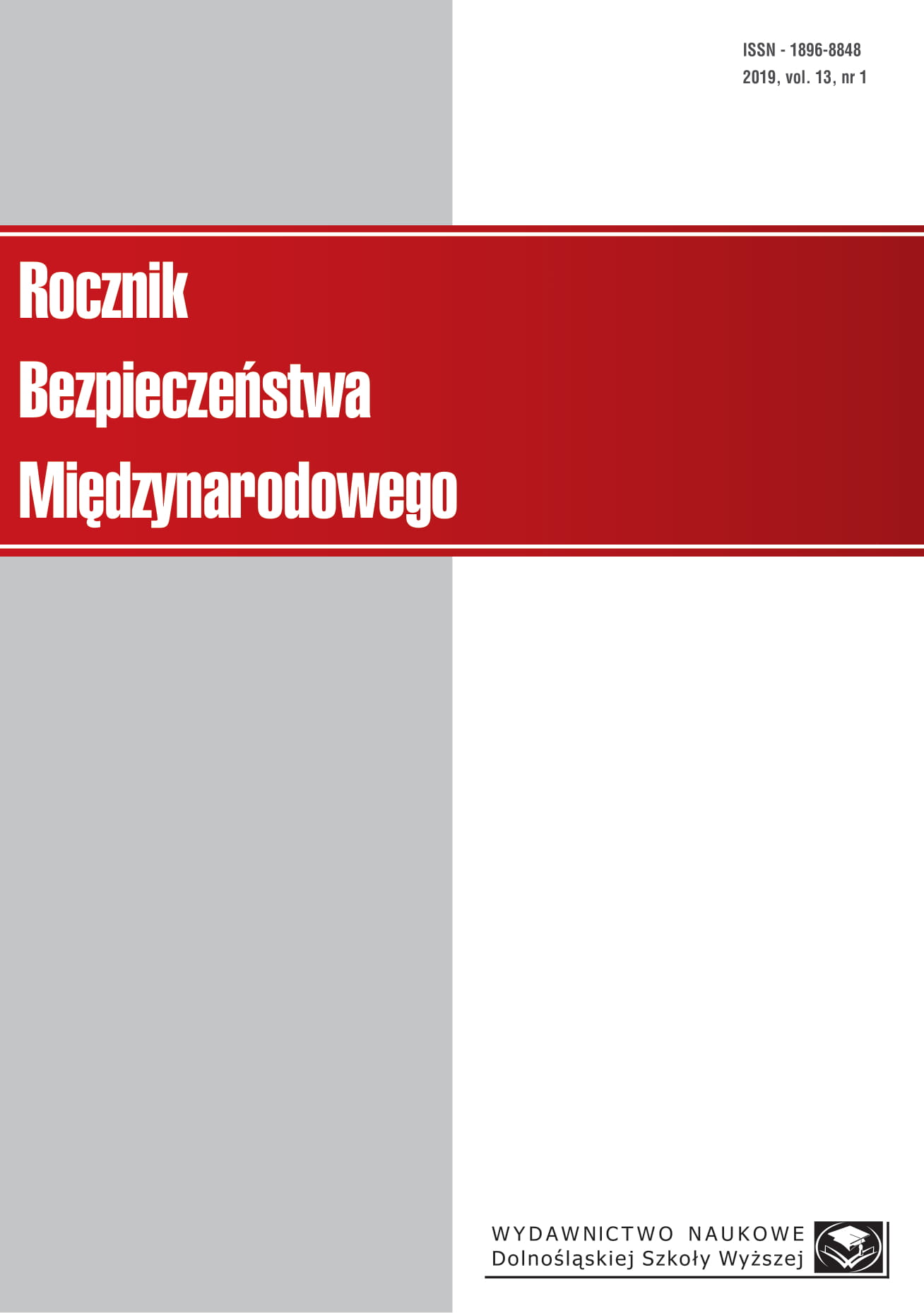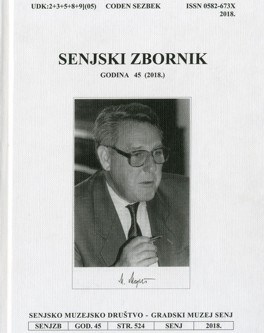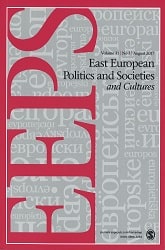
Katyń: The Kremlin’s Double Game
Using the cover of state secrets in order to suppress and conceal the conclusions of the Katyń investigation is a violation of current Russian law. And yet Russian prosecutors have engaged in a cover-up of the documentation involved in the long-standing international investigation into the Katyń Massacres of 1940. The outcome of the investigation is a far cry from a truthful accounting, instead attesting to the prosecutors’ eagerness to avoid any indictment of the USSR’s former top leadership, and more generally to their attempts to sweep the entire affair under the carpet. First, the Katyń Massacres are characterized not as a war crime but merely as an abuse of power by authorities. Second, the scope of culpability has been deliberately circumscribed: both Stalin and the Politburo members who approved the massacres have been absolved of blame. Third, the inquest shows serious lapses, as no complete list of victims has been made public—an essential step for both completeness of the investigation and for the possibility of the victims’ subsequent rehabilitation. This article explains in detail the political and legal logic behind this treatment of Katyń-related documentation by the Russian political establishment since the dawn of the twenty-first century.
More...
